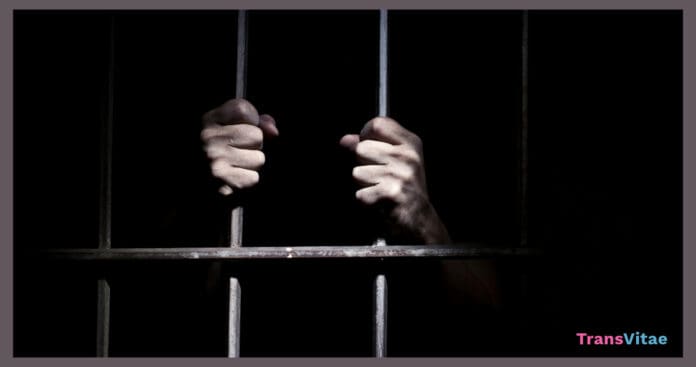Colorado is on the verge of becoming the first state in the nation to create designated housing units for transgender inmates. This choice follows a class-action lawsuit that transgender inmates in Colorado prisons filed in 2019 alleging discrimination, harassment, and sexual assault.
The lawsuit against the Colorado Department of Corrections (CDOC) sparked a legal battle that has culminated in a proposed consent decree. This court-ordered settlement, awaiting final approval by a judge, outlines a path forward for improved treatment of transgender inmates.
Key Aspects of the Proposed Settlement
The proposed settlement addresses the lawsuit’s claims in several ways:
- Separate Housing Units: The CDOC would establish two distinct housing units for transgender women. One, a “Voluntary Transgender Unit” (VTU), would be located within the existing men’s facility at Sterling Correctional Facility. The other, an “Integration Unit” (IU), would reside at the Denver Women’s Correctional Facility.
- Eligibility and Placement: A committee of medical and psychiatric professionals with expertise in gender-affirming care, along with prison officials, would determine placement on a case-by-case basis. The decision would consider factors like the inmate’s safety concerns and gender identity.
- Financial Compensation: The settlement includes a $2.1 million payout for transgender women currently or previously incarcerated within the CDOC system. Depending on the severity of the alleged mistreatment, awards would range from $1,000 to $10,000 per person.
- Improved Standards of Care: The CDOC would be mandated to improve protocols and staff training regarding transgender inmates. This includes ensuring proper use of names and pronouns, limiting unnecessary cross-gender searches, and providing adequate mental and physical healthcare, including gender-affirming care if necessary.
The Debate: Safety, Rights, and Integration
The proposed settlement has ignited a national conversation on balancing safety concerns with the rights of transgender people in prison. Proponents of the separate housing units argue that transgender women, especially those who are physically smaller, face a heightened risk of violence from male inmates. They believe the VTU offers a safer environment and reduces the potential for sexual assault.
Opponents argue that segregation reinforces stigma and undermines efforts towards inclusivity. They express concern that the VTU within a men’s prison could expose transgender women to a more hostile environment from correctional officers. Additionally, some argue that the IU within a women’s prison might lead to discomfort or safety concerns for cisgender female inmates.
The American Civil Liberties Union (ACLU) has voiced its opposition to the settlement, highlighting its preference for improved screening and training to ensure safe integration within existing facilities.
Uncertainties and the Path Forward
The proposed settlement raises questions about the long-term implications.
- Cost and Implementation: Building and managing separate units will likely incur significant financial costs for the state. Additionally, concerns exist regarding the effectiveness and fairness of the placement process.
- National Repercussions: If approved, Colorado’s model could set a precedent for other states grappling with similar issues. It’s unclear whether this approach would be widely adopted or face legal challenges.
- Focus on Rehabilitation: A critical question remains: how can prisons create a safe and secure environment for all inmates, regardless of gender identity, while also fostering rehabilitation and reducing recidivism rates?
The judge’s final decision on the consent decree will hold significant weight for transgender inmates in Colorado and potentially influence prison policies nationwide. The coming months will be crucial in determining how Colorado navigates this complex issue, balancing safety concerns with the rights and dignity of all those within its correctional system.


